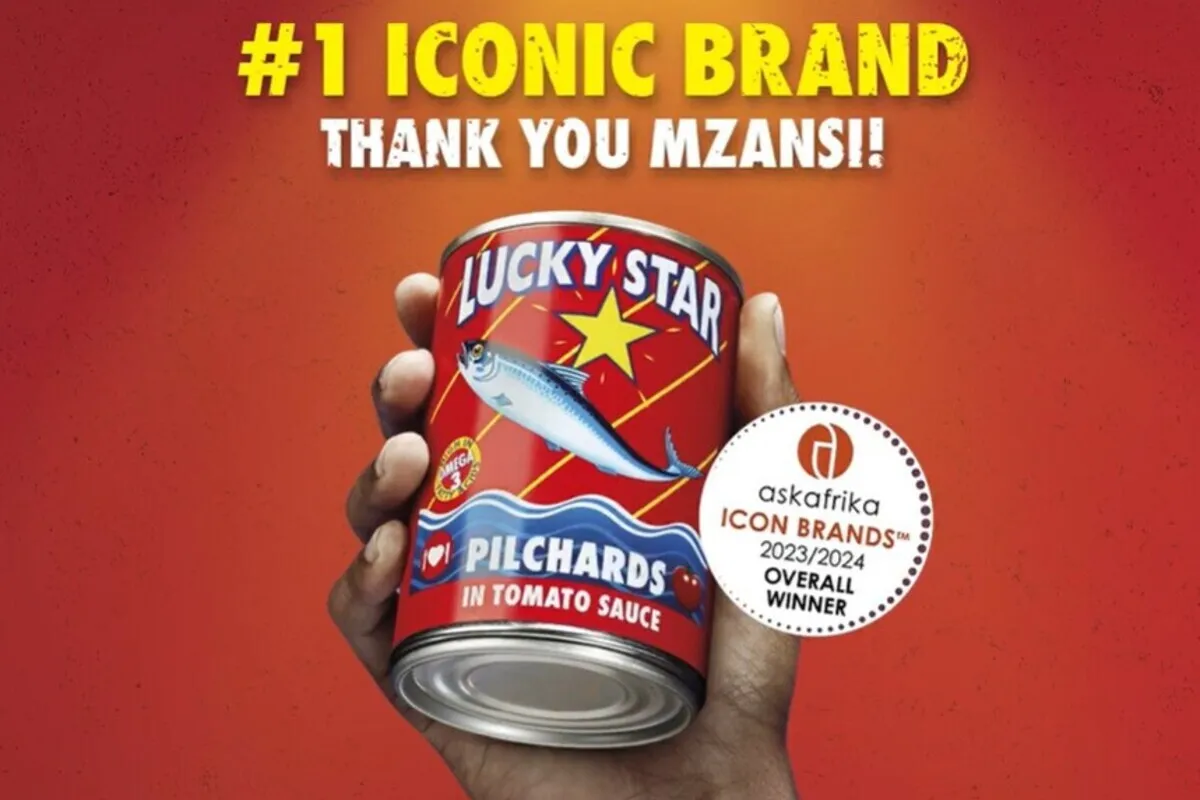
Lucky Star and Woolworths dismiss connections to fake pilchards
Oceana Group and Woolworths have condemned the counterfeit products, highlighting that the tampered items did not meet the brands’ usual quality standards.

Authorities conducted a raid at a factory in Daleside, Gauteng, uncovering a scheme where workers were rebranding expired Lucky Star canned fish. Seven undocumented migrants were arrested for altering expiry dates and labeling the fake products as “Woolworths Food” to deceive customers.
Authorities arrested the suspects, aged 18 to 29, during an operation led by Crime Intelligence and SAPS Kliprivier on 11 November. Captain Tintswalo Sibeko confirmed that the suspects face charges under the Foodstuffs, Cosmetics and Disinfectants Act and the Immigration Act.
Investigators seized printing equipment and packaging materials used to fake product labels. Police revealed that the counterfeit pilchards were likely intended for spaza shop customers, aiming to exploit unsuspecting buyers.
Oceana and Woolworths Denounce Counterfeit Pilchards
Oceana Group, owner of the Lucky Star brand, denied any connection to the counterfeit products. The company pointed out that the cans used a ring-pull mechanism and poorly printed labels, which differ from their genuine packaging.
The Mail & Guardian also reported that Woolworths distanced itself from the issue, stating that an international supplier mishandled a rejected shipment. The supplier failed to properly dispose of the goods, which were later rebranded as counterfeit.
Expired Foods Pose Severe Health Risks
Health officials warned that counterfeit and expired foods, especially canned fish, could cause serious health issues. Gauteng has already reported 890 foodborne illness cases, with 22 child fatalities linked to expired or fake foods sold in the region.
Residents expressed outrage over the counterfeit operation, especially as it targets vulnerable consumers. Many demanded stricter regulations and accountability to protect public health from counterfeit food distributors.
Similar Cases Emerge
This incident follows a counterfeit food operation in Johannesburg last year. Authorities uncovered a factory producing fake potato chips and arrested two foreign nationals for violating food safety regulations. These cases highlight the persistent issue of counterfeit food in South Africa.
Police are searching for the factory owner and investigating the supply chain used for distributing the counterfeit goods. Authorities have committed to shutting down operations and prosecuting those responsible.
Stay Vigilant During the Festive Season
Officials urge consumers to check product labels carefully during the festive season. Smudged printing, misaligned stickers, and altered expiry dates often signal counterfeit products. Consumers should rely on trusted suppliers and reputable spaza shops to avoid risks.
Police encourage the public to report counterfeit goods and suspicious businesses. Community vigilance and law enforcement efforts will play a vital role in stopping counterfeit food operations and keeping families safe this festive season.
